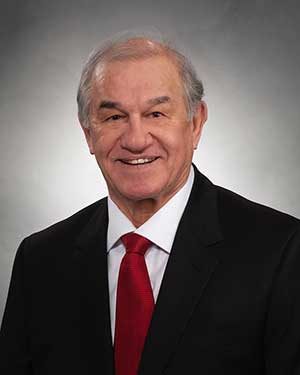to all Indigenous Nations, communities, organizations, businesses and individuals including First Nations, Treaty, Status Indians, non-status Indians, Metis and other groups, individuals or Nations regardless of self-identity or government-assigned identities.

Chartrand Law Office recognizes that the laws in Canada in respect to Indigenous Peoples have changed dramatically in recent decades due to a number of factors that include the 1982 Constitution Act and related amendments, a series of Supreme Court of Canada decisions, federal legislation including particularly the adoption of the United Nations Declaration on the Rights of Indigenous Peoples (UNDRIP), as well as various agreements and Treaties signed and contemplated with the federal and provincial governments.
Chartrand Law Office has a significant and storied history of litigation in Indigenous rights and laws at all court levels, including the Federal Courts and the Supreme Court of Canada.
When constitutional, treaty or contractual enactments are created or amended, general words and language are often used which are subject to interpretation in different ways. In carrying out their functions, courts often write decisions giving some guidance in the interpterion of the constitution or treaties, but there is always room for interpretation and argument on how those guidelines or reasons may be applied to specific cases or peoples.
Constitutional amendments and judicial decisions are not the only sources of constitutional change as the Canada-Indigenous relationship evolves from its early beginnings with the Doctrine of Discovery. It is now not only the presence of the Indigenous peoples that matters but also their collective political action in their relations with Canada. How do political relations develop into lasting norms and constitutional change?
A result of different wording used in different constitutional and other enactments, as well as Supreme Court decisions such as R v Daniels, 2016 SCC, is great ambiguity about the very identities of the groups and persons who have legitimate rights claims.
This is an area where there is great opportunity for Indigenous organizations and representatives to work for great advancement to seize and capture their rightful claims and entitlements.
Chartrand Law Office has an Indigenous Laws and Litigation section that engages in case-specific consultation and litigation in the Federal and Provincial Superior Courts. With high level in-house associates, more than ever we are able to:
– Investigate your organizations or your people’s legal rights, liabilities and options;
– Formulate various paths forward to properly seize and claim your peoples’ rights;
– Act as your agent or lawyers to negotiate with government or agencies to recognize your people’s entitlements and rights, including self-government or Treaty negotiations;
– Plan and formulate a litigation strategy;
– File Applications in the appropriate Court of Law to seek Court ordered recognition of your rights and entitlements.